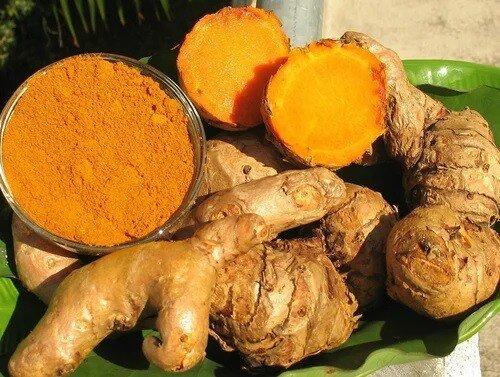
image text translation
In 2010, researchers at Stanford University in the U.S
Study on Abnormal Lead Concentrations in South Asians
Among them, I pay attention to Bangladesh

image text translation
Pregnant women and infants in rural villages in Bangladesh
It’s a lot more than what the WHO recommends
The substance responsible for lead poisoning was unknown
There was no lead-based plant nearby, and no gasoline was allowed
In this town, they didn’t even paint their houses, let alone paint them with lead
The pesticide components for farming were also tested directly, but lead was not found anywhere

image text translation
(1)Paint with Soldering Steam Lead
(2)lead-containing potable lead-containing cosmetics
(3)the cause of lead poisoning
24 million to 46 million people in Bangladesh
Children and adolescents were exposed to lead
Economic damage from lead poisoning is estimated at $16 billion a year

image text translation
Everything that the villagers eat, drink, and live
After years of analysis, researchers found evidence in turmeric
from turmeric supplied to the Bangladeshi market
It detects pigments that should never be used for food

image text translation
It’s a pigment that makes it more yellowish
Lead chromate component detected
The stronger the yellow color of turmeric, the more luxurious it is
The workers sprayed lead chromate on the turmeric, and the workers who worked on it were very busy
He kept working on it without knowing that the substance he was dealing with was toxic substance

image text translation
The researchers told the Bangladeshi government about this
The Government recognise that this is an emergency
We’ve announced this through state media and nationwide campaigns
Control teams are driving lead detectors around the market
We confiscate and dispose of the lead-containing turmeric, and we broadcast the footage on television
a wake-up call to the people

image text translation
After these revelations, the mayor of Bangladesh’s turmeric
Lead generation rate was 47 in 2019
In 2021, it’s practically zero
The lead pigment that was used at turmeric processing plants over 30 years ago
Gone to zero in 2021; lead levels in residents’ blood will then regain stability